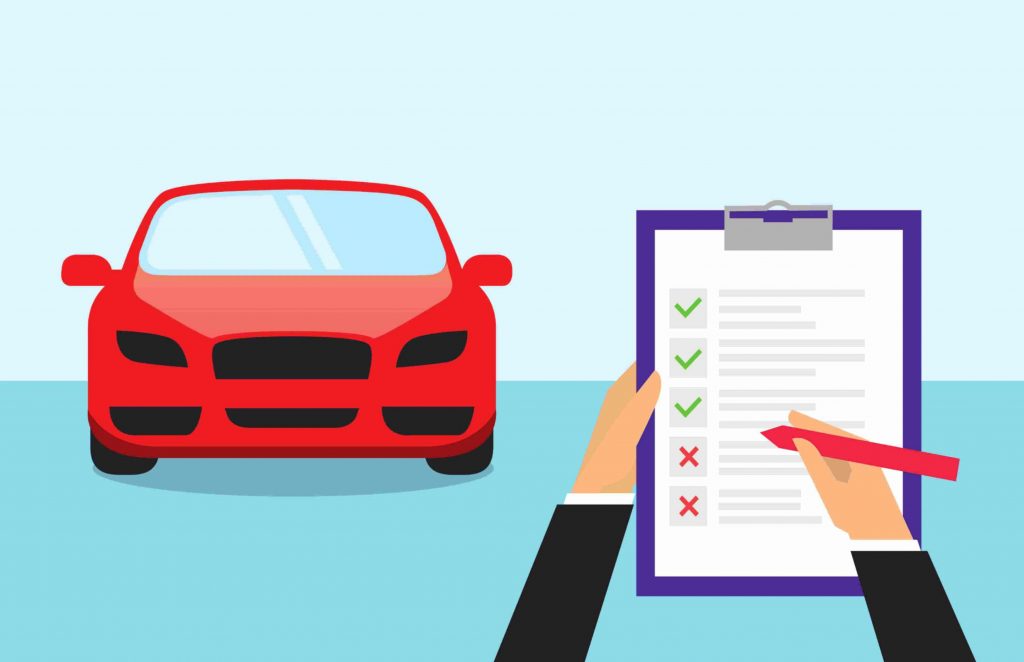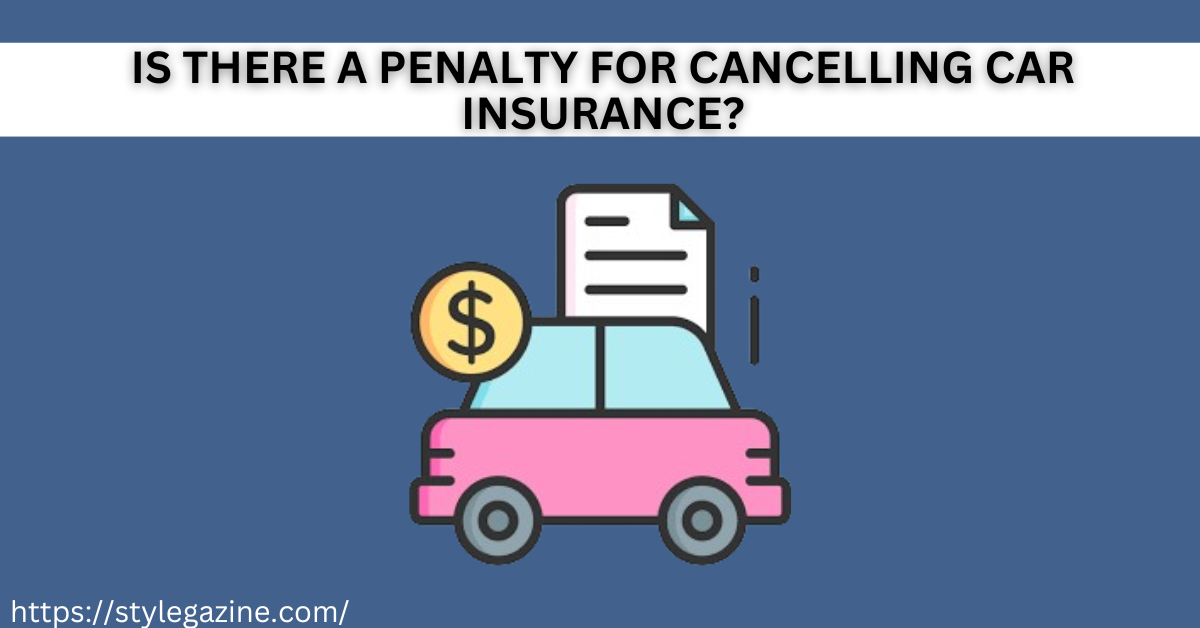Canceling car insurance is a decision that many drivers may face at some point in their lives, whether it’s due to finding a better deal, selling a vehicle, or no longer needing coverage. The question often arises: Is there a penalty for canceling car insurance?
This article will explore the factors involved in canceling car insurance, potential penalties, and tips for navigating the process. From understanding car insurance policies and reasons for cancellation to discussing potential penalties such as early termination fees, loss of discounts, and legal consequences, we’ll provide insight into what drivers should consider before canceling their insurance.
Additionally, we’ll offer practical tips for those navigating the process, including reviewing policy terms, checking for refunds, securing alternative coverage, informing the insurer, and considering timing to minimize potential penalties. By weighing these factors carefully and making informed decisions, drivers can effectively manage the process of canceling car insurance while minimizing any negative consequences.
Understanding Car Insurance Policies
Before delving into the penalties associated with canceling car insurance, it’s essential to understand how car insurance policies work. Car insurance is a contract between the policyholder and the insurance company, wherein the policyholder pays a premium in exchange for coverage in the event of accidents, theft, or other covered incidents.
The policy typically has a term length, during which the policyholder must pay the agreed-upon premiums. Reasons for canceling car insurance may include finding a better deal, selling or disposing of a vehicle, no longer needing coverage, or facing financial hardship.

Potential penalties for cancellation can include early termination fees, loss of discounts, impacts on insurance history, and legal consequences, depending on the policy terms and jurisdiction.
When considering cancellation, it’s important to review the policy terms, check for refunds, secure alternative coverage if needed, inform the insurer in writing, and consider timing to minimize fees. Policyholders can navigate the cancellation process effectively by understanding these factors and making informed decisions.
Car insurance policies typically have a term length varying from six months to a year. During this term, the policyholder must pay the premiums as agreed upon in the policy. However, circumstances may arise that lead a policyholder to consider canceling their car insurance.
Reasons for Cancelling Car Insurance
Several reasons may prompt an individual to cancel their car insurance policy:
- Finding a Better Deal: One common reason for canceling car insurance is switching to a different provider offering better coverage or lower premiums.
- Selling or Disposing of a Vehicle: If a person sells their car or otherwise disposes of it, they may choose to cancel the insurance policy associated with that vehicle.
- No Longer Needing Coverage: Sometimes, people may decide they no longer need car insurance. This could happen if they stop driving altogether, for example.
- Financial Hardship: Financial difficulties may force individuals to reassess their expenses, including car insurance premiums.

Penalties for Cancelling Car Insurance
Whether or not there is a penalty for canceling car insurance depends on various factors, including the insurance policy terms and the laws and regulations in the jurisdiction where the policyholder resides. Consider the following potential penalties:
- Early Termination Fees: Some insurance companies may charge a fee for canceling a policy before its expiration date. This fee, often called an early termination fee, is intended to compensate the insurer for administrative costs associated with processing the cancellation.
- Loss of Discounts: Policyholders who cancel their car insurance may lose out on any discounts or benefits they receive, such as multi-car discounts or loyalty discounts.
- Impact on Insurance History: Cancelling a car insurance policy could impact a person’s insurance history and potentially affect their ability to obtain coverage in the future. Insurance companies may view a history of canceled policies as a red flag when determining rates or eligibility for coverage.
- Legal Consequences: In some jurisdictions, driving without insurance is illegal. Canceling a car insurance policy without securing alternative coverage could leave a person vulnerable to legal consequences if they continue to drive uninsured.
Tips for Cancelling Car Insurance
If you’re considering canceling your car insurance policy, here are some tips to help navigate the process:
- Review the Policy Terms: Before canceling your car insurance, review the terms of your policy to understand any potential penalties or obligations.
- Check for Refunds: If you’ve prepaid your car insurance premiums, check with your insurance company to see if you’re entitled to a refund for any unused portion of your policy.
- Secure Alternative Coverage: If you’re canceling your car insurance because you’re switching providers or selling your vehicle, make sure to secure alternative coverage to avoid gaps in insurance.
- Inform Your Insurer: When canceling your car insurance, notify your insurance company in writing and request confirmation of the cancellation in writing as well.
- Consider Timing: If possible, try to time the cancellation of your car insurance policy to coincide with the expiration date to avoid early termination fees.

Conclusion
In conclusion, whether there is a penalty for canceling car insurance depends on various factors, including the policy terms and the laws in your jurisdiction. While there may be consequences such as early termination fees or loss of discounts, it’s essential to weigh these factors carefully and make an informed decision.
By understanding your policy terms, considering alternatives, and following proper procedures, you can effectively navigate the process of canceling car insurance. It’s crucial to review the policy terms thoroughly before making any decisions, as early termination fees or other penalties could apply.
Additionally, check if you’re entitled to any refunds for prepaid premiums and secure alternative coverage if needed to avoid gaps in insurance. Communication with your insurance company is key; notify them in writing of your decision to cancel and request confirmation of the cancellation.
Timing can also be important, so try to coordinate the cancellation with the expiration date of your policy to minimize any potential penalties. Ultimately, being proactive and informed will help ensure a smooth cancellation process and protect you from any unforeseen consequences.
